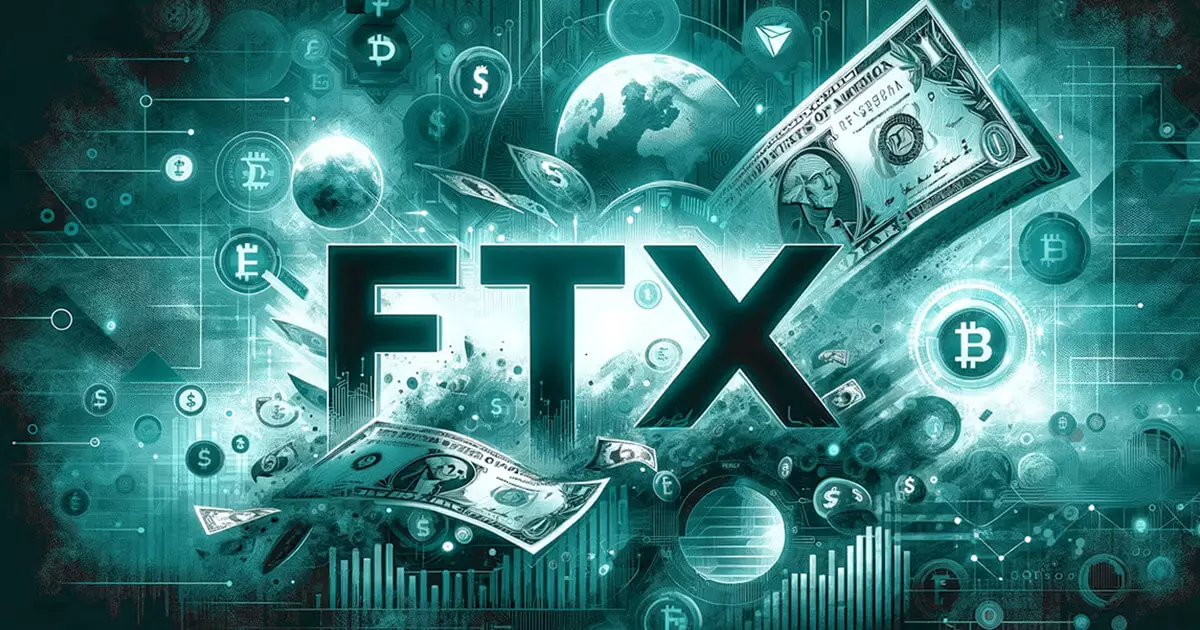In the wake of the FTX collapse, a fierce legal battle has erupted over the millions of dollars in assets seized from Sam Bankman-Fried (SBF) and other former FTX executives. Parties are vying for control of these assets, which include airplanes, funds in various banks, shares of Robinhood stock, and even political contributions linked to FTX executives.
FTX debtors and FTX Digital Markets have filed a petition in the Southern District Court of New York, asserting their right to the seized assets so they can be used to repay creditors. They argue that this approach would offer a more substantial recovery than the current bankruptcy plan proposes. On the other hand, a group of FTX customers, represented by prominent crypto lawyers, believes that the seized assets should be returned directly to them, bypassing the bankruptcy proceedings altogether.
The legal battle is shaping up to be intricate, with each side presenting compelling arguments regarding the legitimacy of their claims and the most effective way to recover lost funds. Judge Lewis Kaplan has yet to make a ruling on either petition, leaving the outcome uncertain. The implications of this decision are significant for both FTX customers and the wider crypto industry.
Beyond the dispute over seized assets, the broader FTX bankruptcy case continues to unfold. Concerns have been raised by creditors regarding the proposed reorganization plan, including high-profile customers like Sunil Kavuri, who have objected to the way the case is being handled. Furthermore, the sentencing of other former FTX executives who assisted prosecutors is still pending, adding further complexity to the situation.
The outcome of this legal battle will have far-reaching consequences for the crypto industry as a whole. It could impact recovery rates for victims of the FTX collapse and shape the long-term effects of the exchange’s demise on the broader ecosystem. As the case progresses, it will be closely monitored by stakeholders and observers alike to see how it unfolds and what it means for the future of the crypto industry.



















Leave a Reply